FAQ: Grant management software for nonprofits
What key features should I look for in grant management tools?
Essential grant management software features include application tracking and monitoring, workflow automation, compliance tracking, collaboration tools, comprehensive reporting and analytics, integration capabilities with existing systems, document management and storage, and budget management tools. Look for platforms offering automated deadline reminders, customizable workflows, and robust data security features to streamline your grant lifecycle management process effectively.
How do I choose the right grant management software?
Start by assessing your organization's specific needs, grant volume, and team size. Evaluate integration requirements with existing systems, consider user experience and training needs, analyze pricing models carefully, and review vendor support and reputation. Plan for scalability to accommodate future growth while ensuring the platform aligns with your current budget and technical capabilities.
How do I improve my grants strategy?
Improve your grant strategy by casting a wide net during prospect research, taking time for thorough funder analysis, setting realistic funding goals, creating standardized reporting processes, effectively managing calendars and deadlines, and regularly refreshing your strategy to adapt to changing community needs.
How do you keep track of grants?
Effective grant tracking software for nonprofits involves using dedicated grant management software or spreadsheets to monitor application statuses, deadlines, and requirements. Create centralized systems for document storage, establish recurring reporting processes, maintain detailed budget tracking, and use automated calendar reminders. Implement standardized processes for quarterly or monthly reviews to ensure compliance and maximize fund utilization throughout the grant lifecycle.
What is the best grant management software?
Top grant management software options include Instrumentl for comprehensive grant discovery and management, Submittable for full grant cycle management, Fluxx for data-driven grantmaking, Foundant Technologies for established foundations, and Salesforce for integrated CRM capabilities. The best choice depends on your organization's size, budget, specific needs, and integration requirements with existing systems.
What is the best free grant database?
It depends on what you're looking for! Grants.gov is the premier free grant database for federal funding opportunities, offering comprehensive search capabilities and application tools. Other valuable free resources include foundation websites, Candid's limited free access, local community foundation databases, and government agency portals.






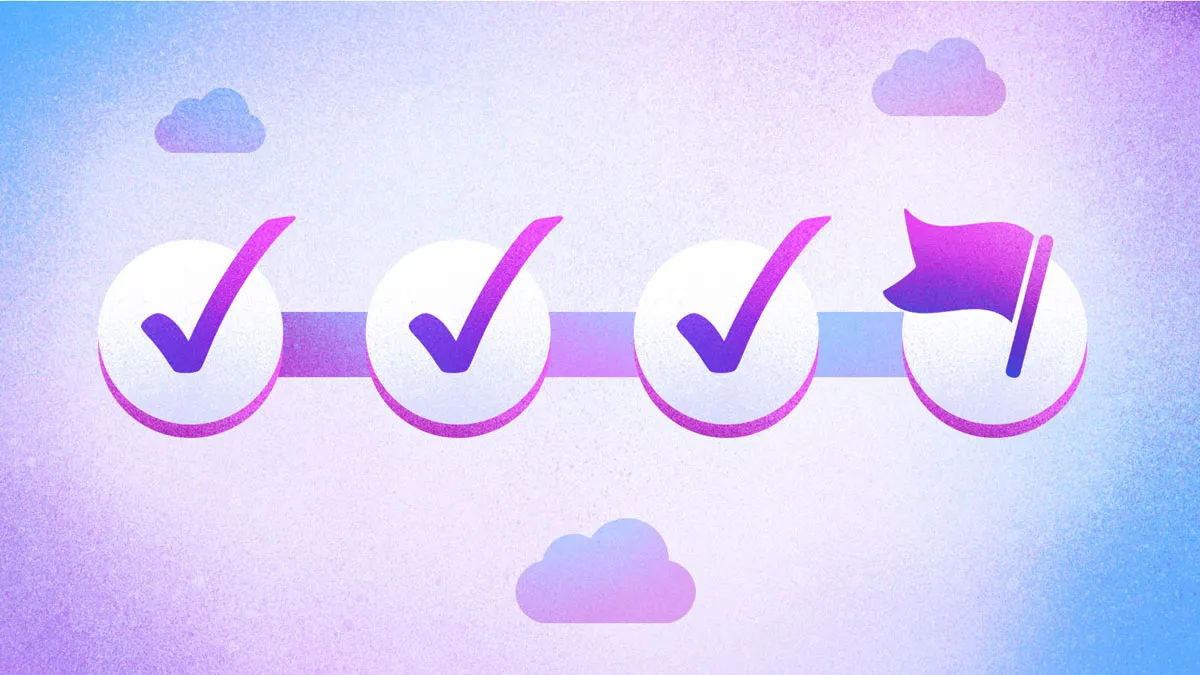
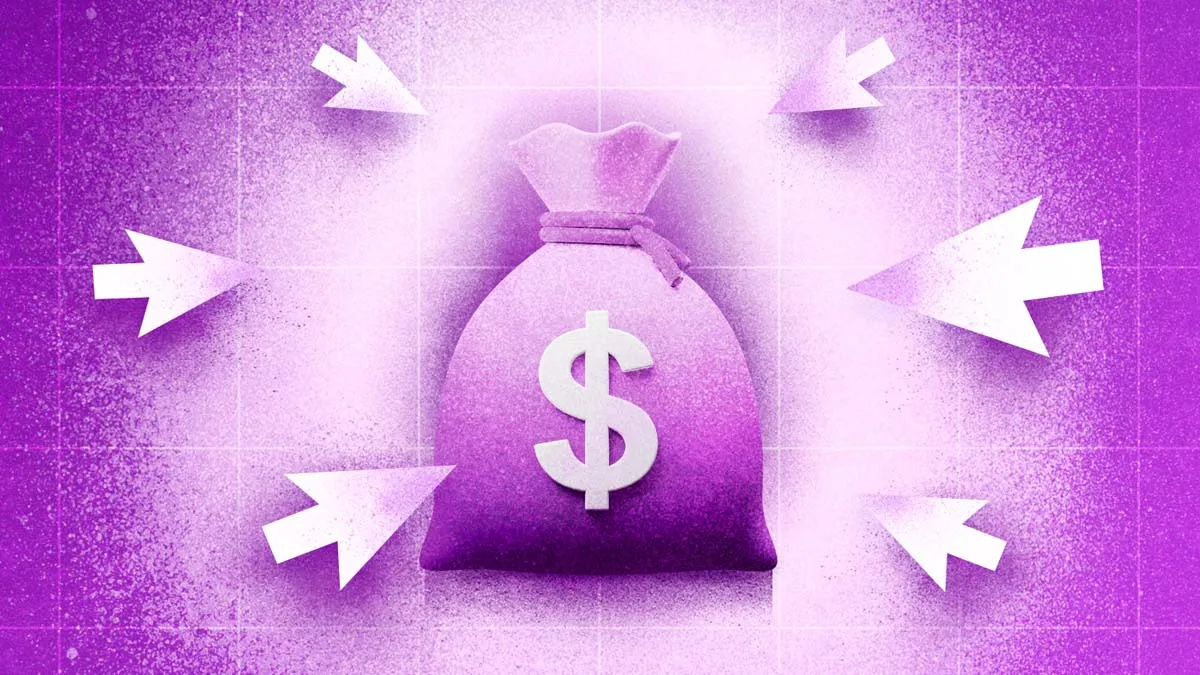


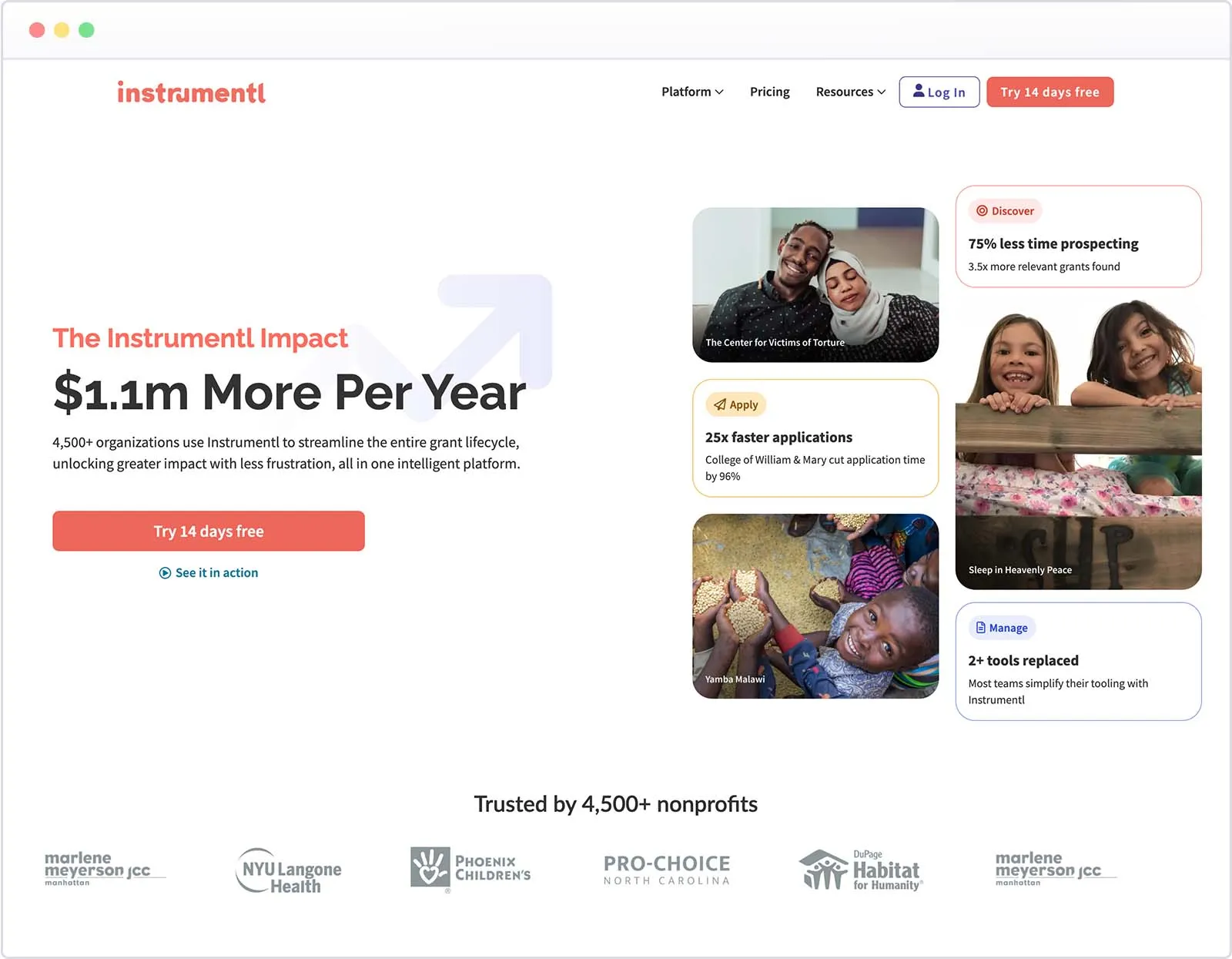
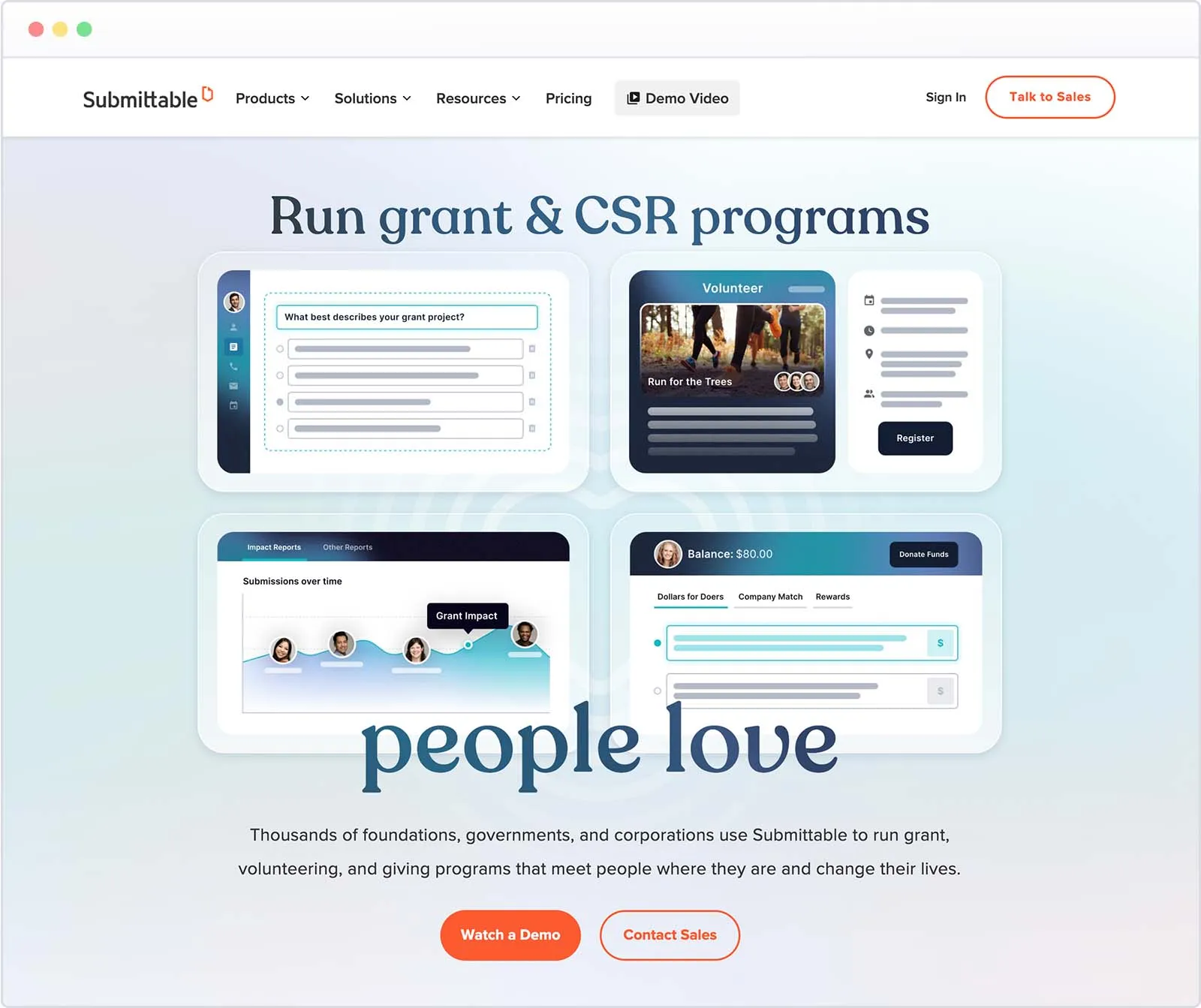
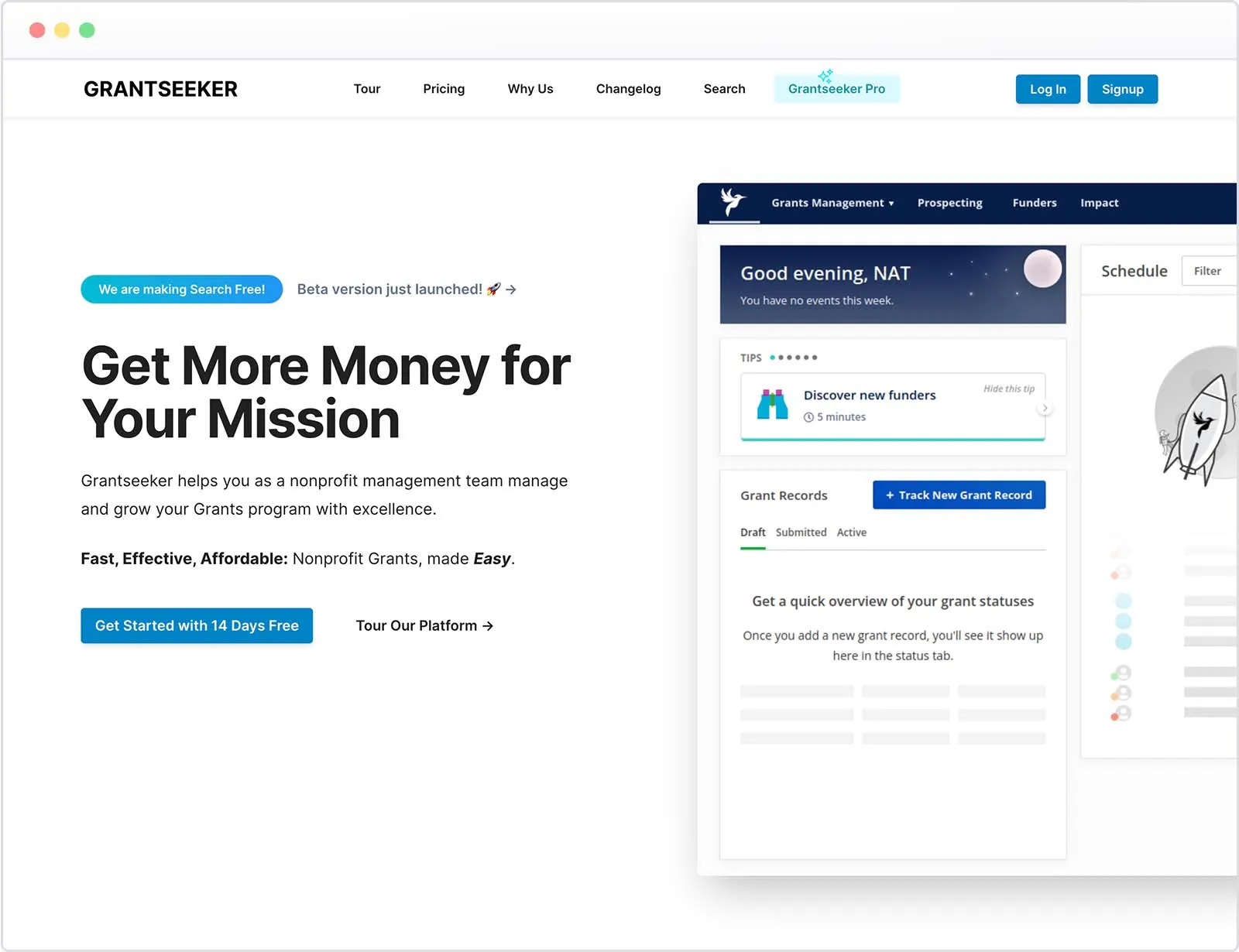
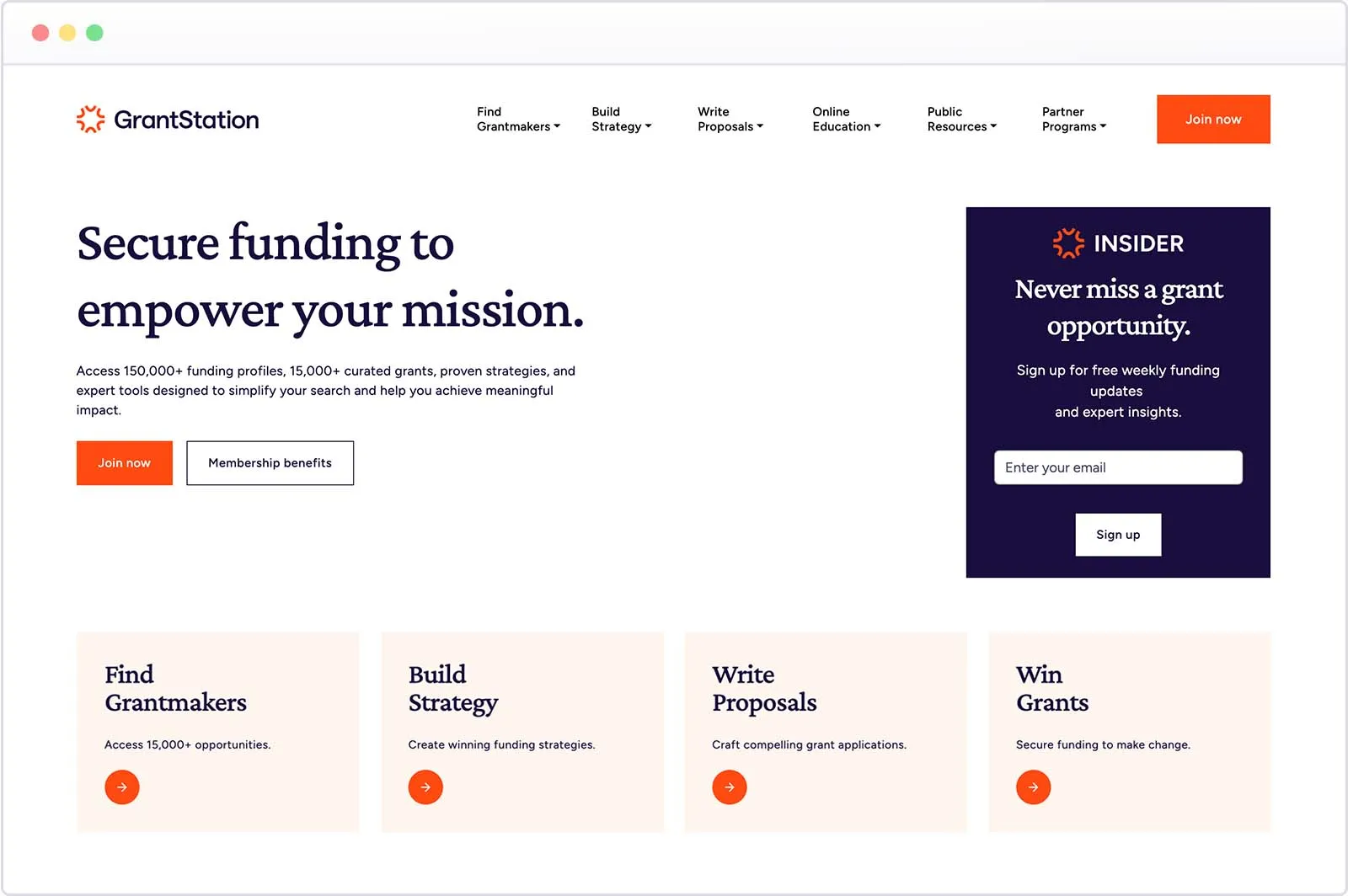
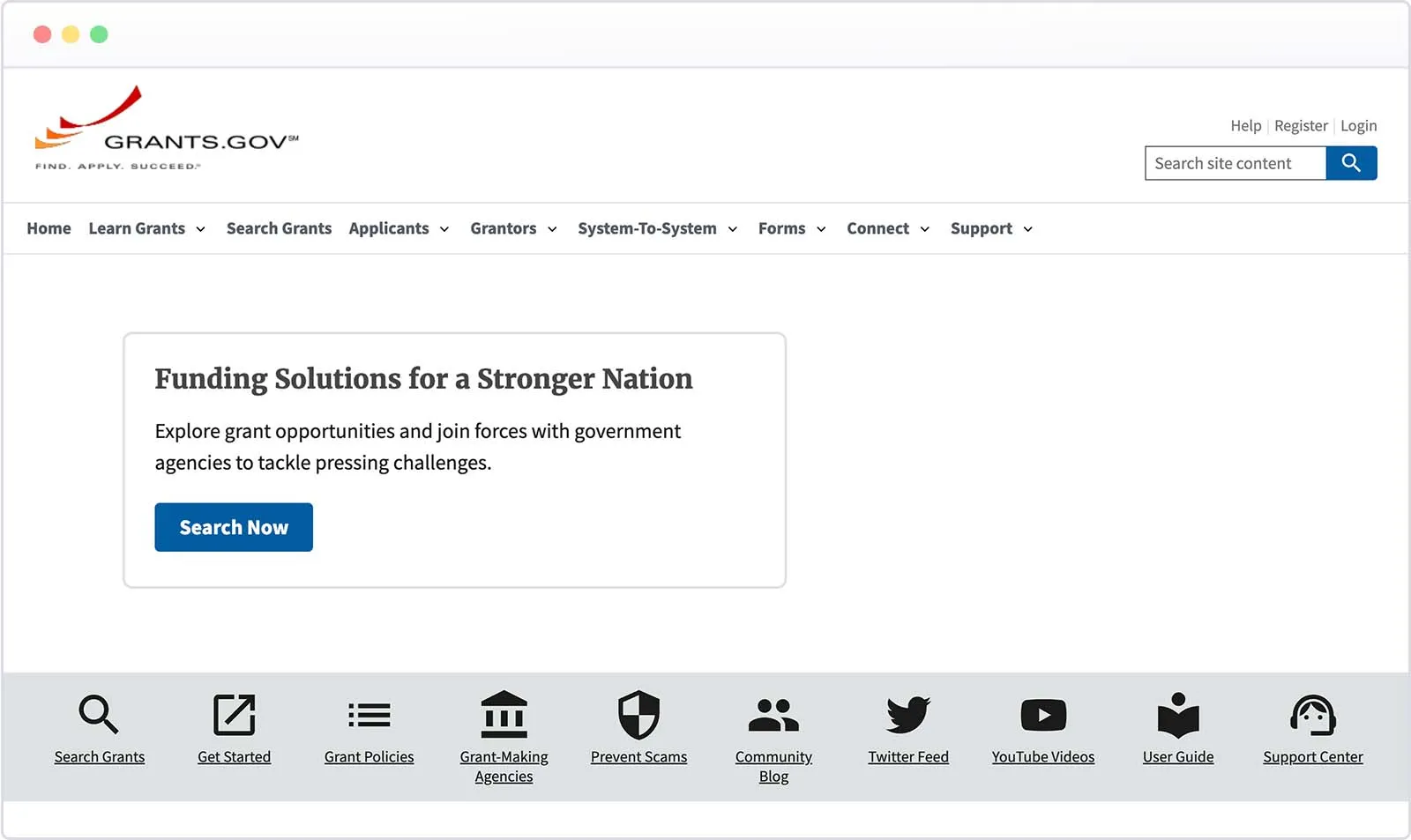
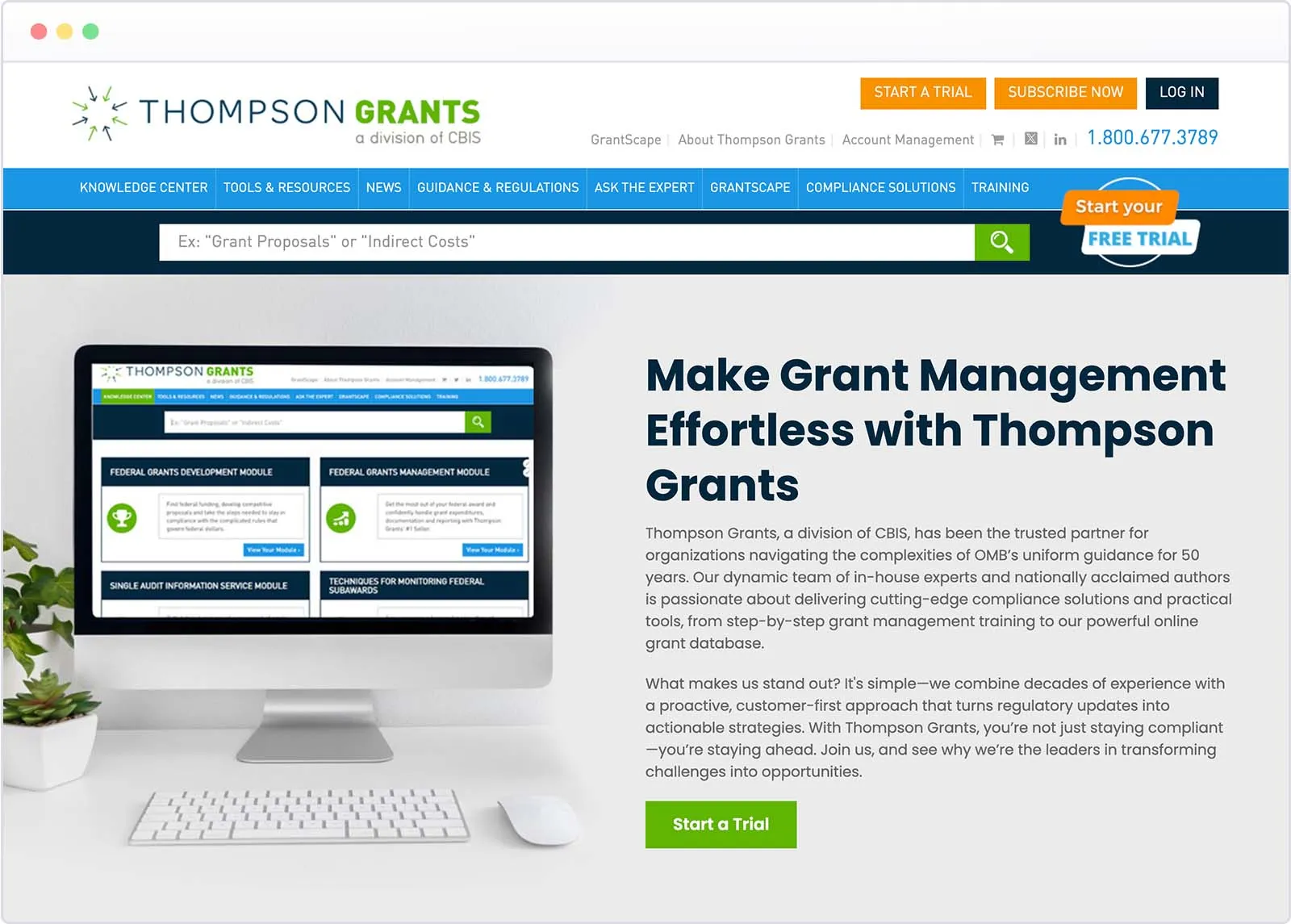
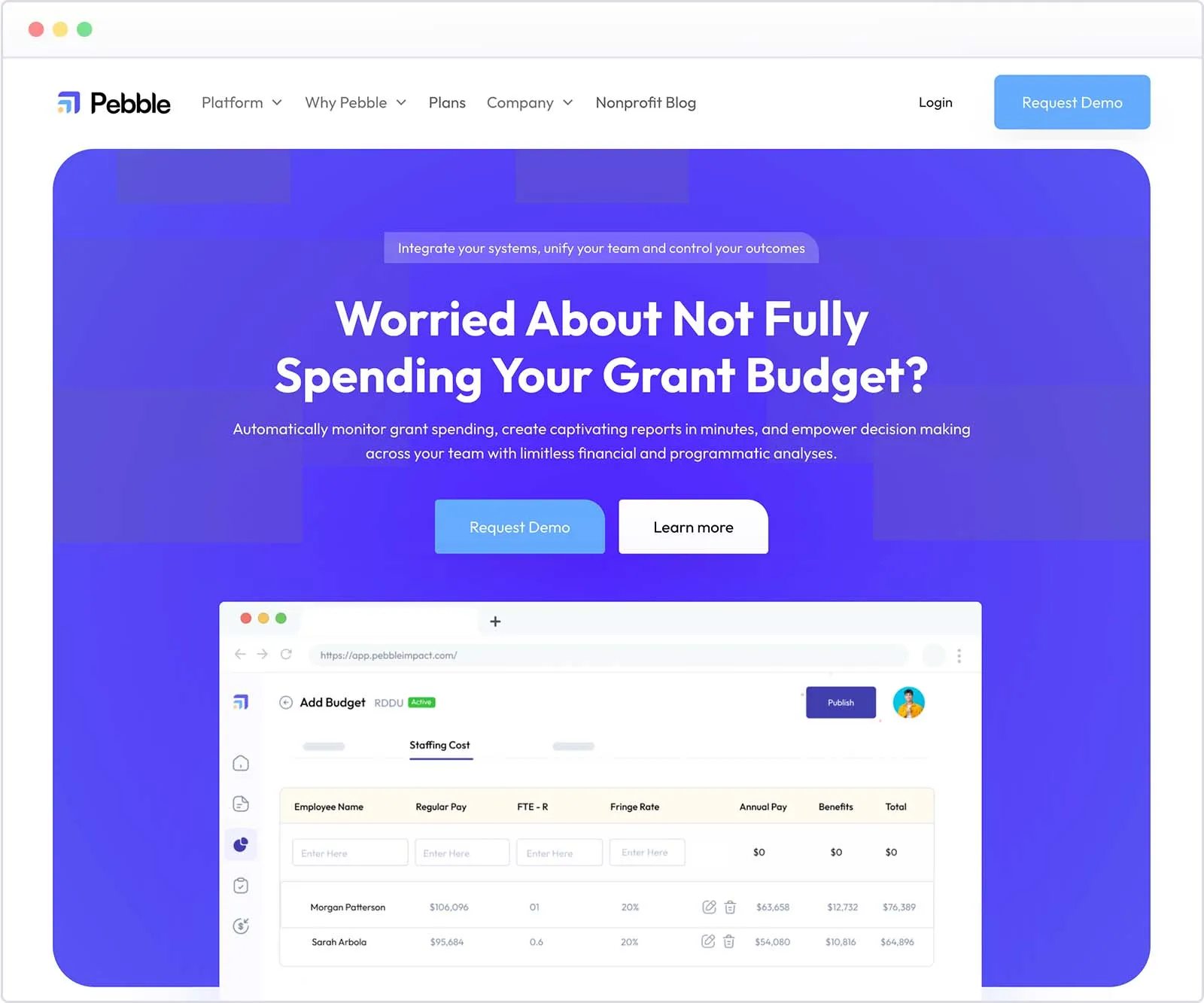
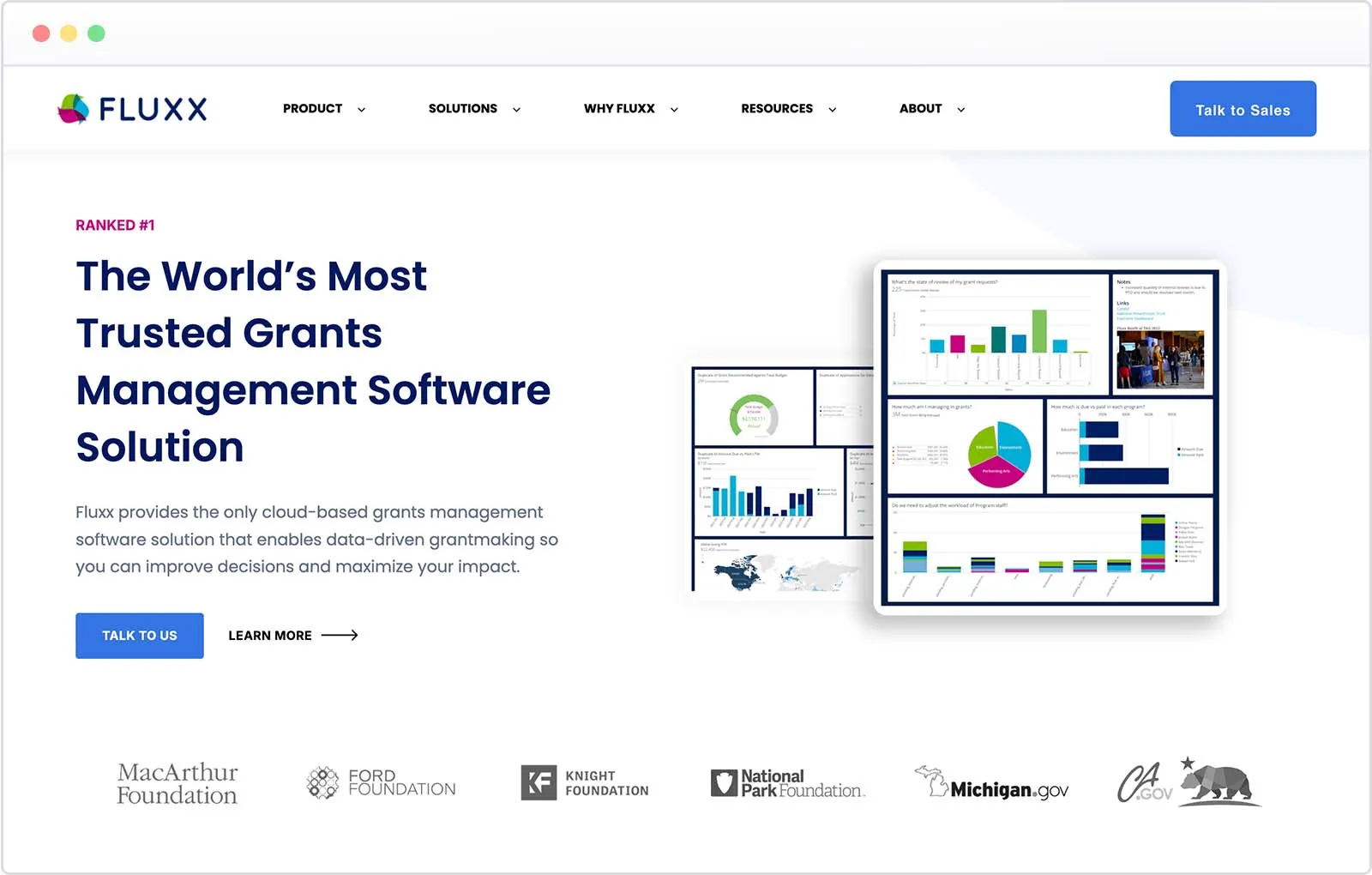
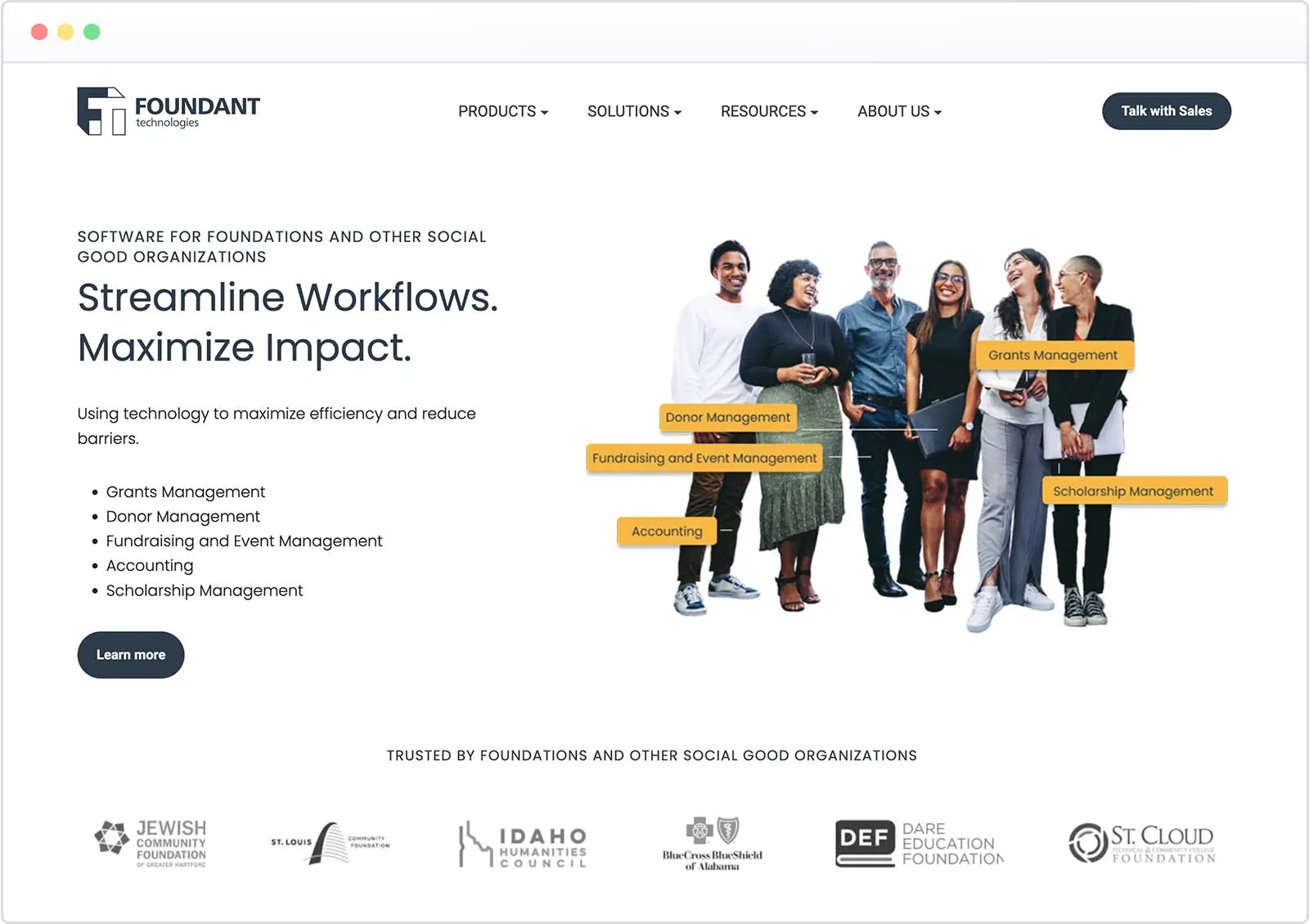
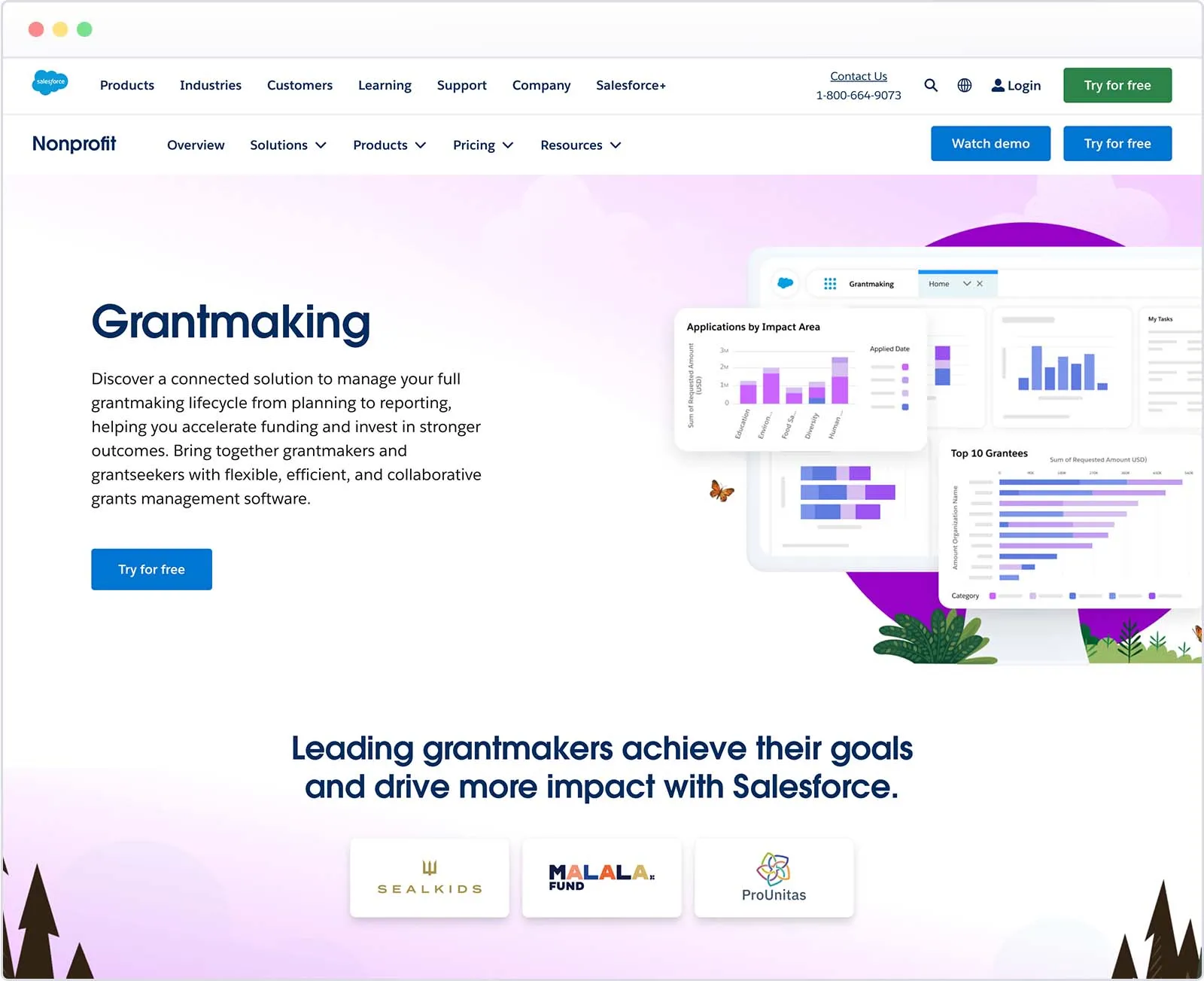
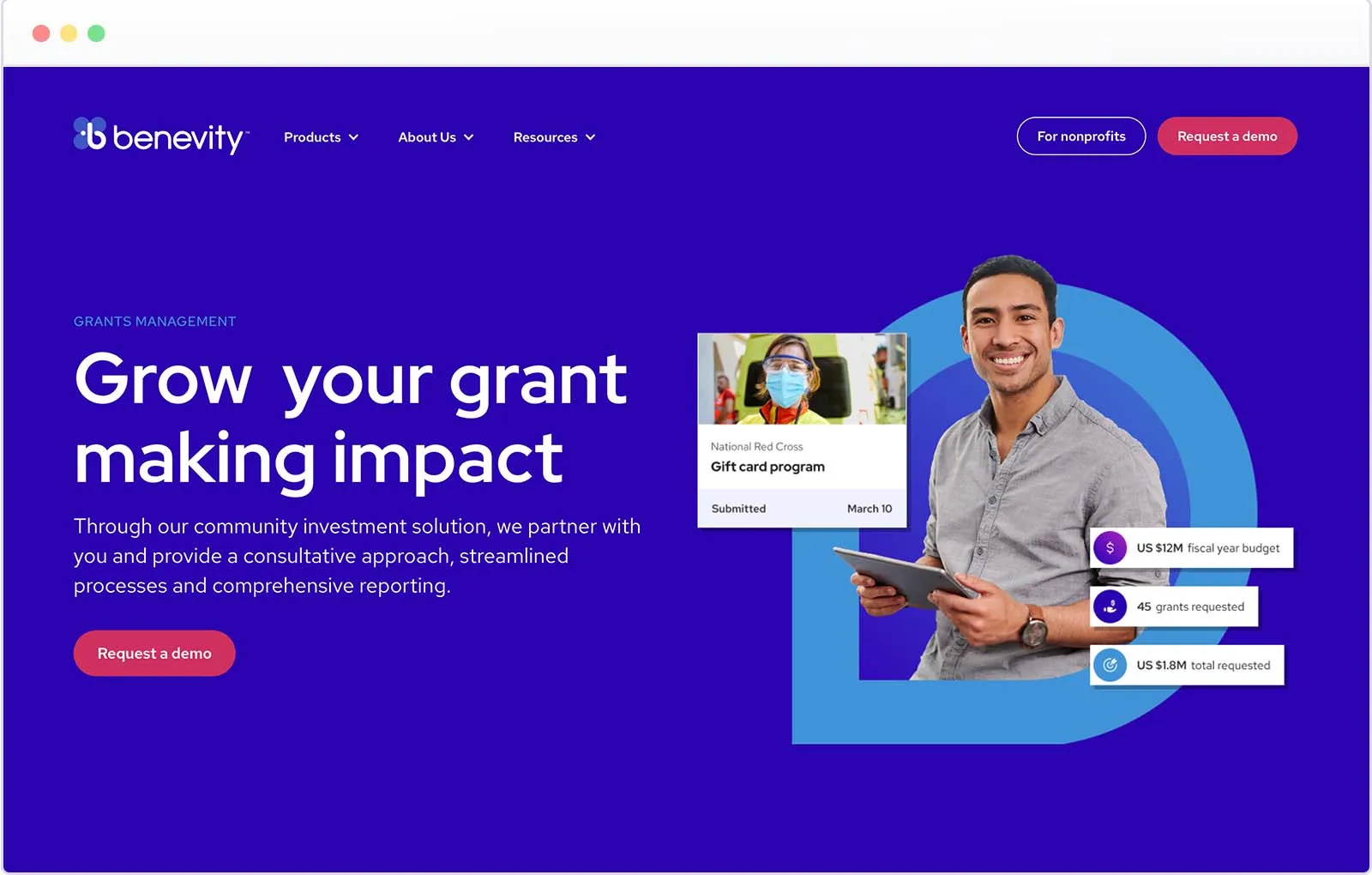
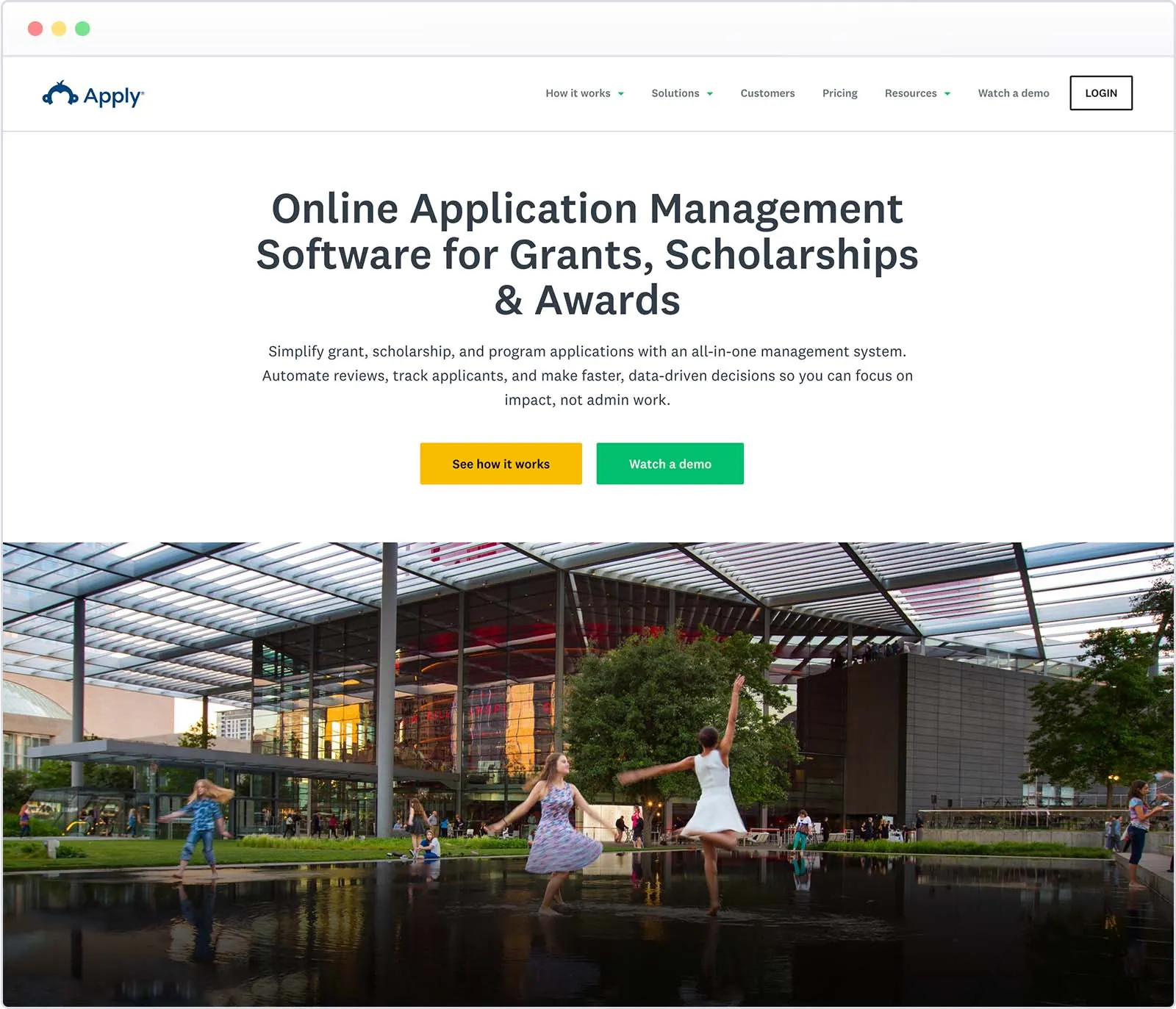
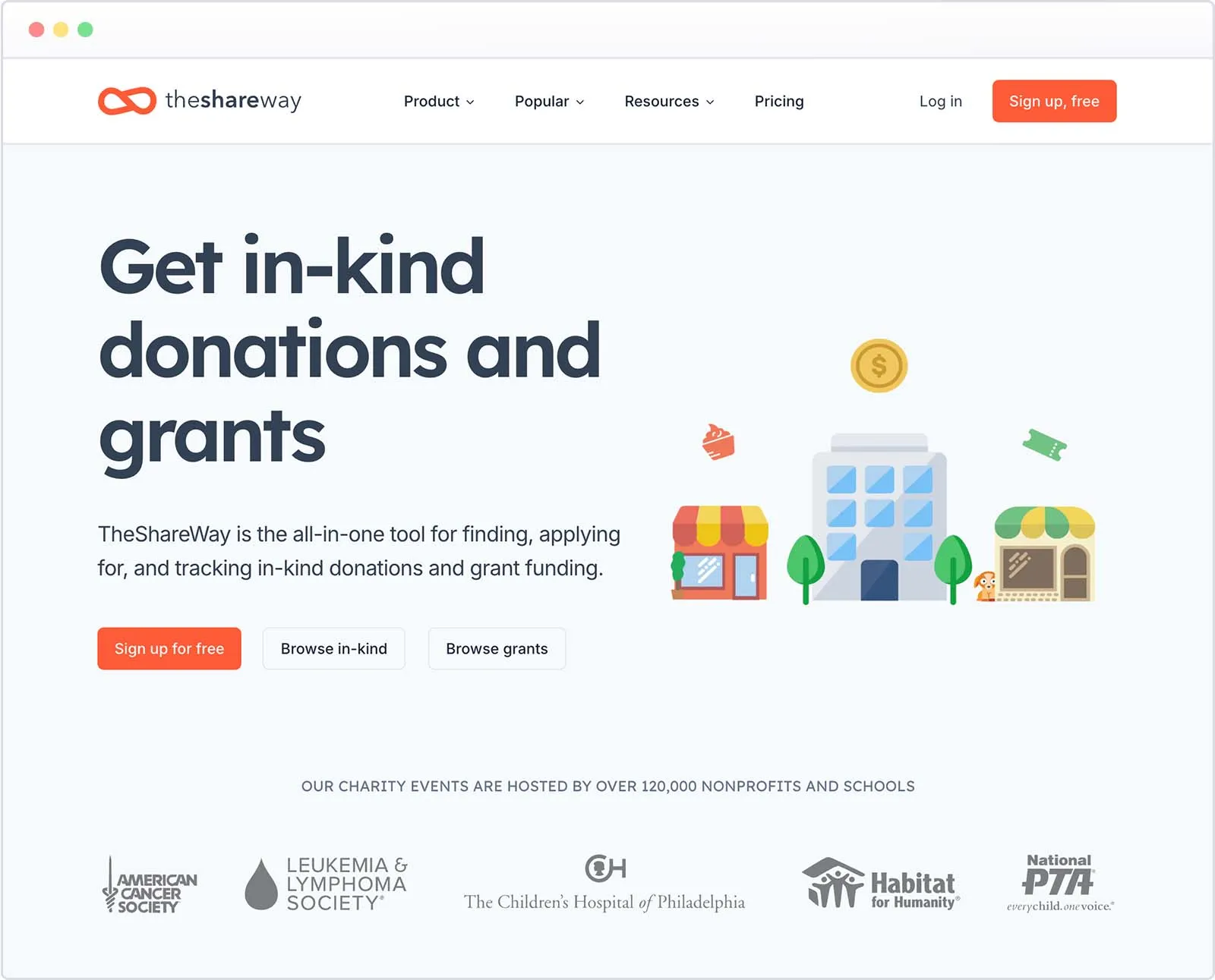
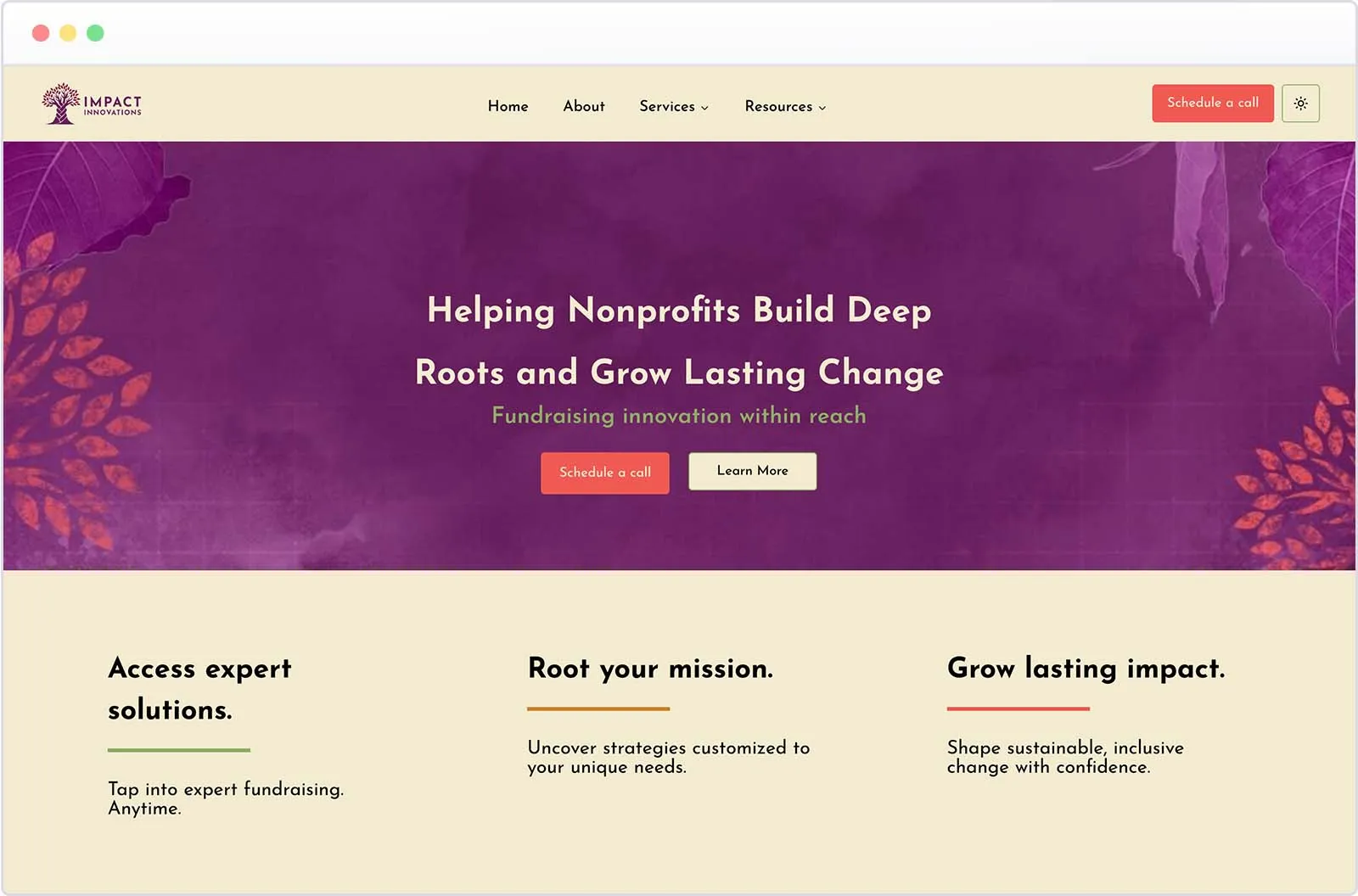
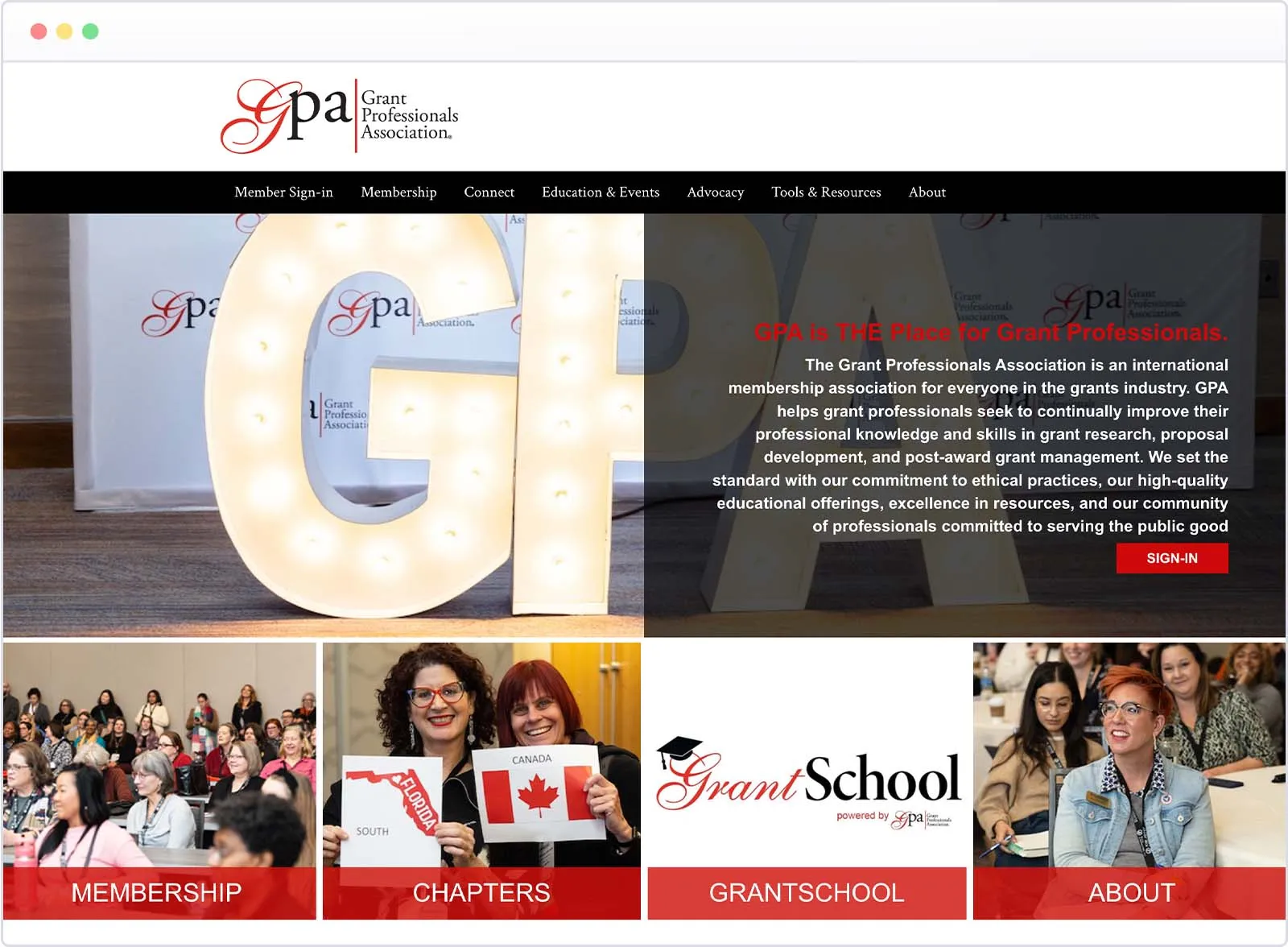
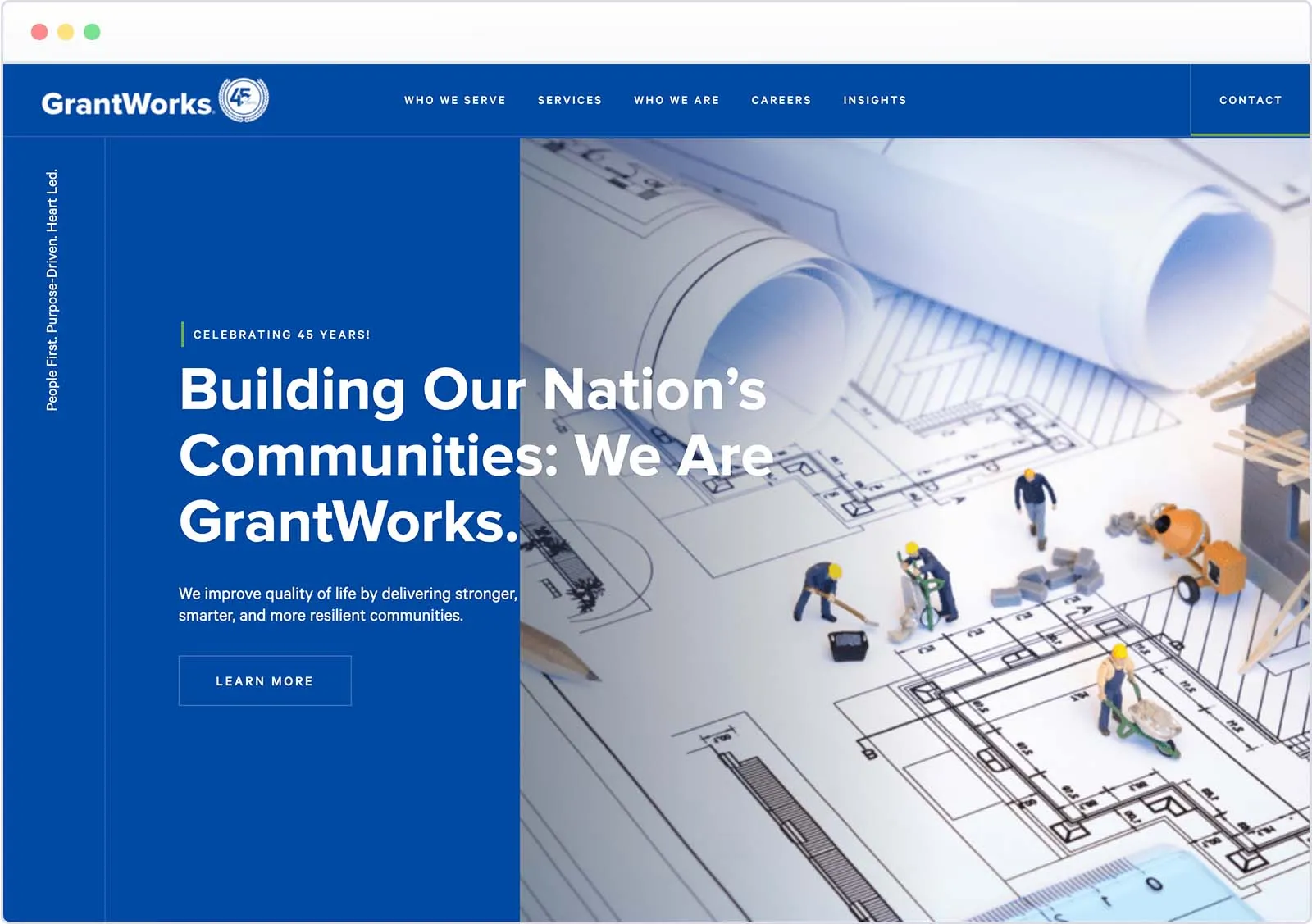
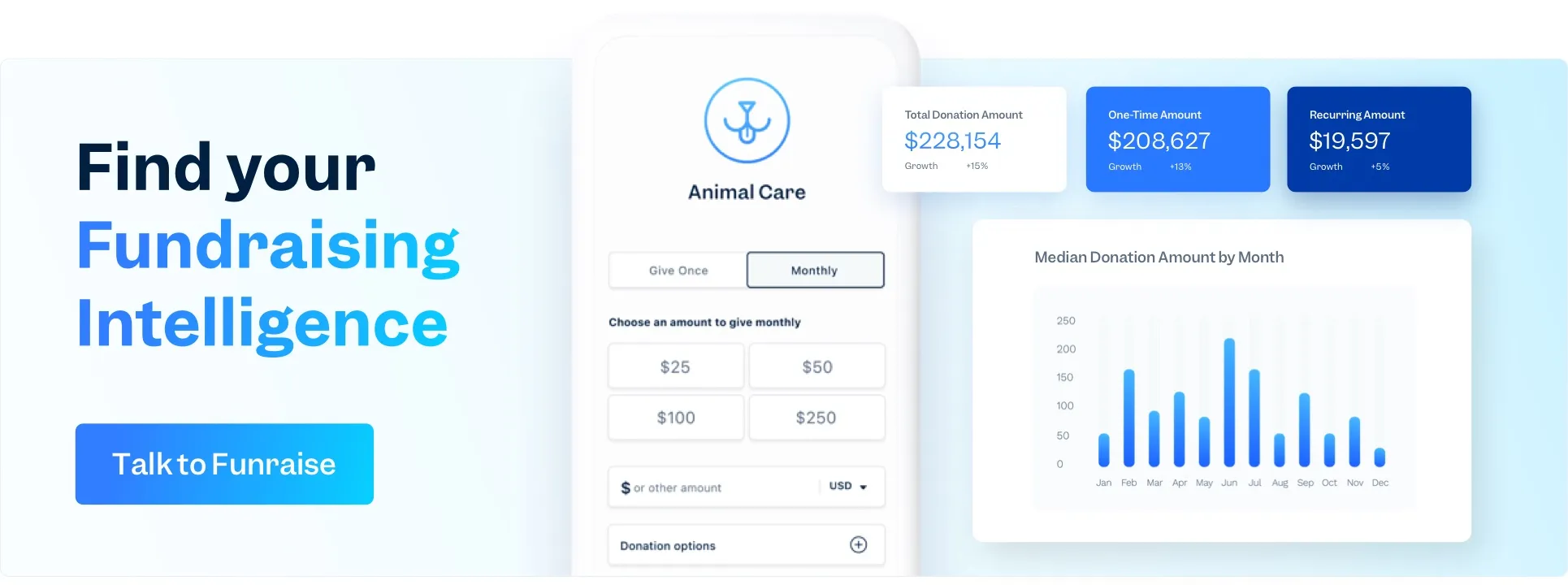

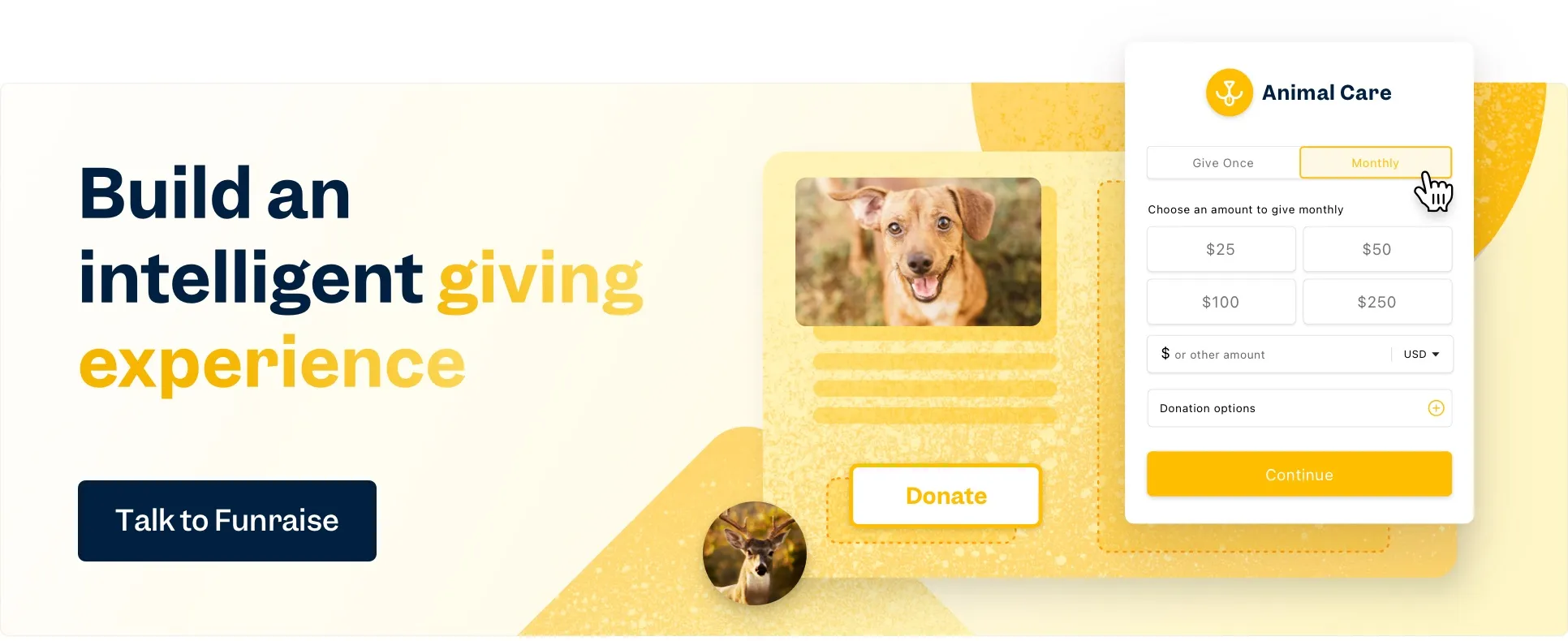





















.webp)
.webp)










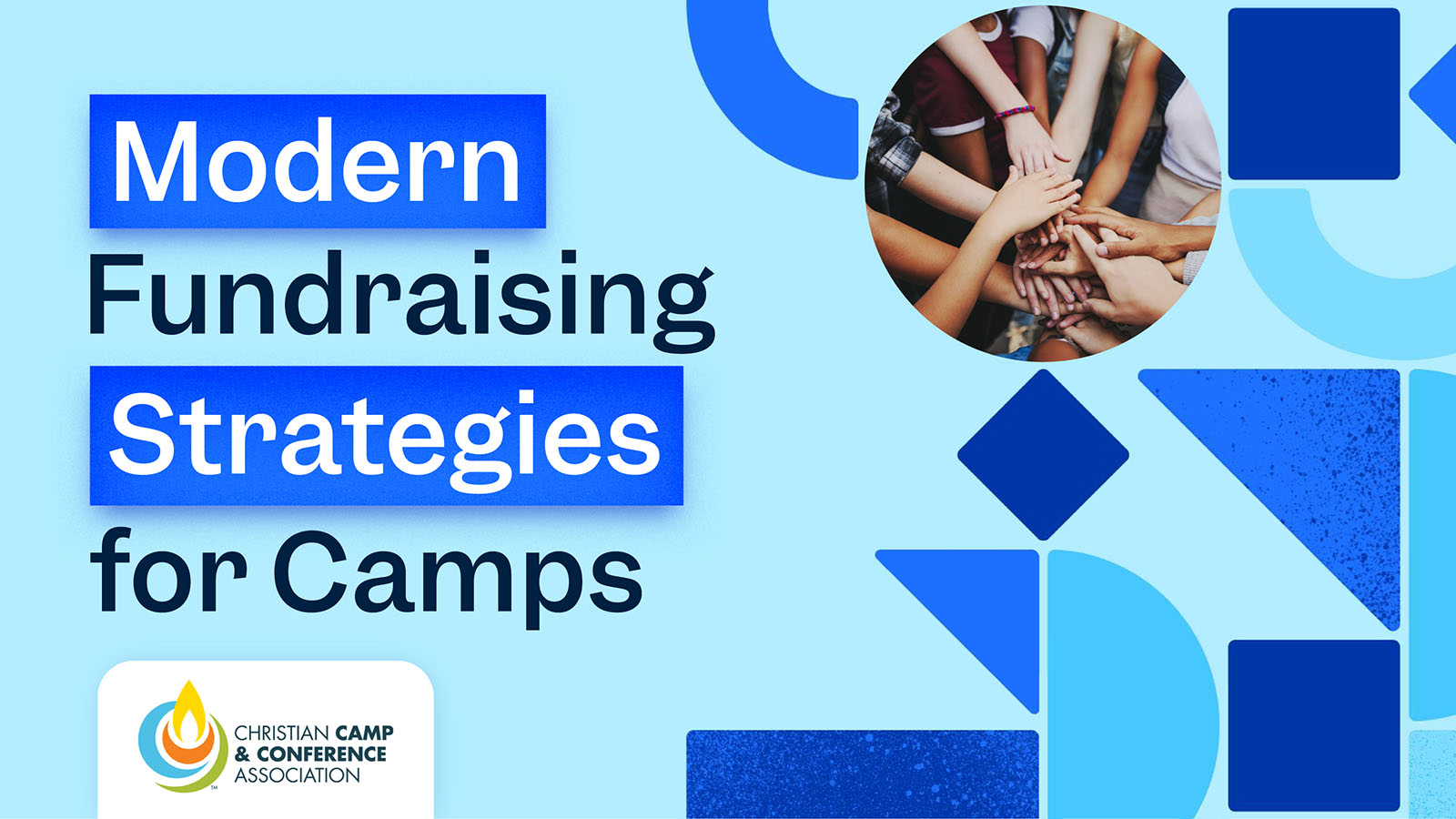
.webp)
.webp)

.webp)
.webp)
.webp)




